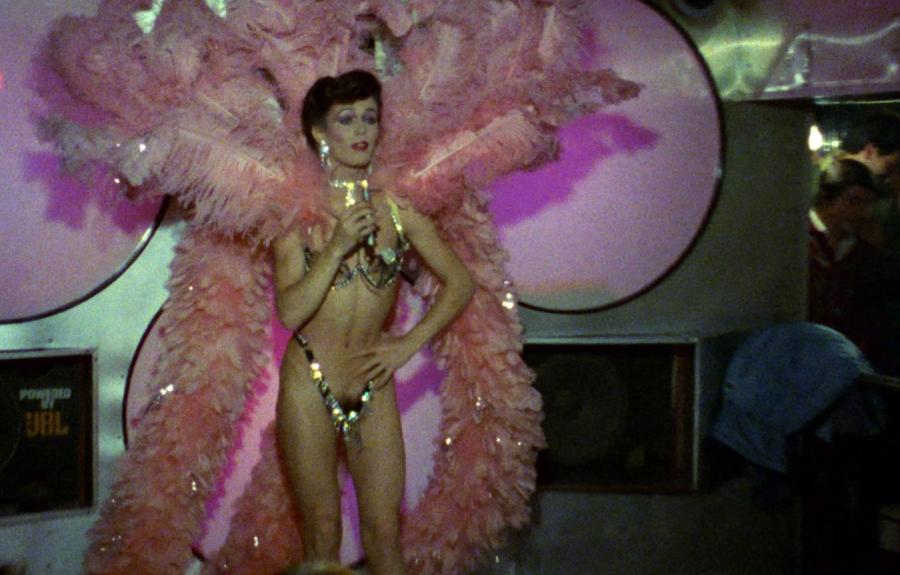Film series: Doc Spots

Each semester Cornell Cinema organizes a series of groundbreaking documentaries. This semester’s selection includes films from diverse geographic regions with an interest in critical discussions of important political and social topics.
In a special screening of The Janes, Cornell Cinema invites the directors Tia Lessin ’86 and Emma Pildes to appear in person to discuss their documentary. The Janes compiles the testimonies of advocates who helped women access safe abortions in pre-Roe v. Wade Chicago. The film stresses the tragic consequences of criminalized abortion while reminding viewers of the power of grassroots organizations to enact meaningful change against harmful legislation. In the wake of the recent Supreme Court Decision, this documentary touches on one of the most pressing issues facing American society today.
Cane Fire is a documentary by Anthony Banua-Simon about the Hawaiian island of Kauai, which was often used by Hollywood as a film location. Cane Fire explores the politics and conflicts of the movie industry and the use of locals as “extras” in the pictures. Cane Fire shows the connections between the histories of colonialism, sugar cane, film production, and tourism in what RogerEbert.com calls “an “unhurried” and “patient” documentary.
Dressed in Blue (Vestida de azul, 1983) follows the stories of trans women in Madrid during the 1980s. Director Antonio Giménez Rico explores the theme of prostitution and urban nightlife, while diving into the backstories of the women he interviews. Dressed in Blue examines a moment of newfound freedom in Spain following the end of Francisco Franco’s dictatorship.
The Monopoly of Violence (2020) by Chris Cofer questions the legitimacy of the state and the history of its formation. In interviews with professors of history, political science and economics, Cofer places modern democracy in doubt. Focused on France and the use of police violence against protestors under Emannuel Macron, this documentary destabilizes accepted notions about the social contract.
Blue Island examines the relationship between the Chinese government and Hong Kong. As Hong Kong’s independence is increasingly threatened, the director Tze Woon Chan has sought new cinematic methods to explore the impact of mounting oppression on the local culture and the lives of residents. Blue Island mixes documentary footage with fictional representations to imagine what the future of Hong Kong might look like.
The opening shot of the striking environmental documentary Taming the Garden captures a tree as tall as a 15-story building floating on a barge across the vast Black Sea. Its destination lies within a garden countless miles away, privately owned by a wealthy and anonymous man whose passion resides in the removal, and subsequent replanting, of foreign trees into his own man-made Eden. “Surreal, serene and maybe just a little bit sacred.” (Variety)











